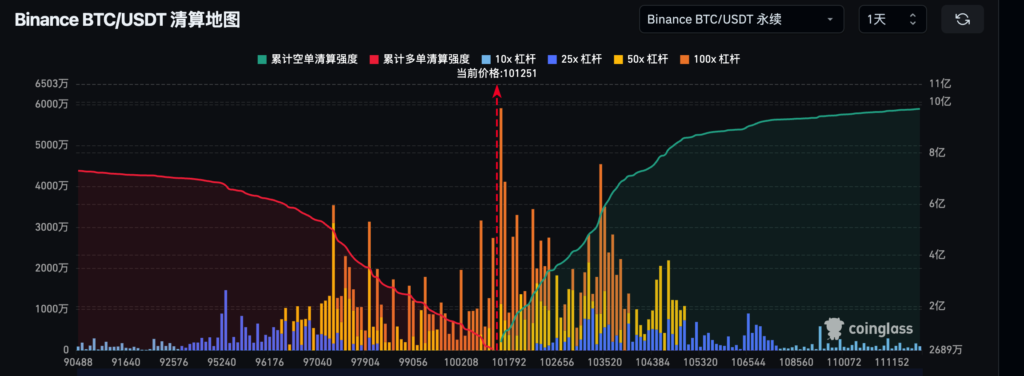U.S. President Trump yesterday approved an airstrike on Iranian nuclear facilities aboard "Marine One". Hours later, B-2 bombers hit targets in Fordow, Natanz, and Esfahan, signaling a shift in U.S. policy towards direct military force against Iran. This decision pushed Washington and the Middle East into a new phase, sparking intense debate both domestically and internationally.
Key Call and Operational Deployment
According to Axios, Defense Secretary Peter Hegseth called to confirm the operation during Trump's flight. Planned for about a week, the White House assessed that diplomacy could not stop Tehran's nuclear program and decided to combine with Israeli airstrikes for a "surgical" strike. CSIS analysis suggests that hawkish considerations and restoring international credibility influenced the decision.
Trump called the action a "great victory" and reminded on social media that it was an opportunity for regime change in Iran:
Six months ago, our country was cold as ice, it was dead. But now our country is as hot as a gun, a great victory for our country...
If the current Iranian regime cannot MAKE IRAN GREAT AGAIN, why not overthrow the regime?
Vice President JD Vance responded:
"This will not be a long, drawn-out war."
Geopolitical Risks Escalate Again
The action also sparked backlash, with Democrat Adam Schiff and Republican Thomas Massie pointing out the lack of congressional authorization. The Washington Times reported that the airstrike is testing the patience of core supporters, with divisions emerging in the MAGA camp. Congresswoman Marjorie Taylor Greene posted on X:
"Every time America is about to become great, we get dragged into another foreign war."
The Iranian Foreign Minister stated that diplomatic doors are almost closed and warned that U.S. military and Middle Eastern bases may face retaliation: "They only understand threats and force." There are concerns that the conflict could escalate and involve regional powers like Saudi Arabia and Turkey, potentially affecting oil prices and maritime safety.
Cryptocurrency Liquidation Wave
In the midst of chaos, cryptocurrency markets were immediately impacted. According to coinclass data, the 24-hour liquidation volume reached nearly one billion dollars, primarily occurring in Ethereum and Bitcoin. The current market situation has triggered many contracts to short, and experts warn that a severe pullback breaking 102,100 could trigger another liquidation of nearly 900 million dollars.


From withdrawing from JCPOA to precise airstrikes, Trump has pushed Iran strategy to the front line. Whether this strike can delay Tehran's nuclear program remains to be seen; if the cycle of retaliation spirals out of control, the U.S. may be drawn into a prolonged conflict. In the coming months, congressional debates, Iran's actions, and allies' positions will shape the Middle East situation and determine Trump's diplomatic legacy.








